
How to Improve Company Documentation and Make it Pop
- 11 Min read
Learn how to store & manage your corporate documents with FuseBase experts!
Book a demoEvery business needs documents, but not all invest the time or resources to keep the ones essential for their success.
Having the right documents is important because they will protect you against unlawful actions, such as fraud, protect your customers, and ensure your business runs smoothly.
There are many types of documents every business needs, from sales contracts to invoices to employee handbooks.
Having the right documents will help you make smart decisions, reduce risk, and save money. They’ll also help you run your business more efficiently.
Find out what ten most common types of business documents that matter and you must have, regardless of what type of business you have.
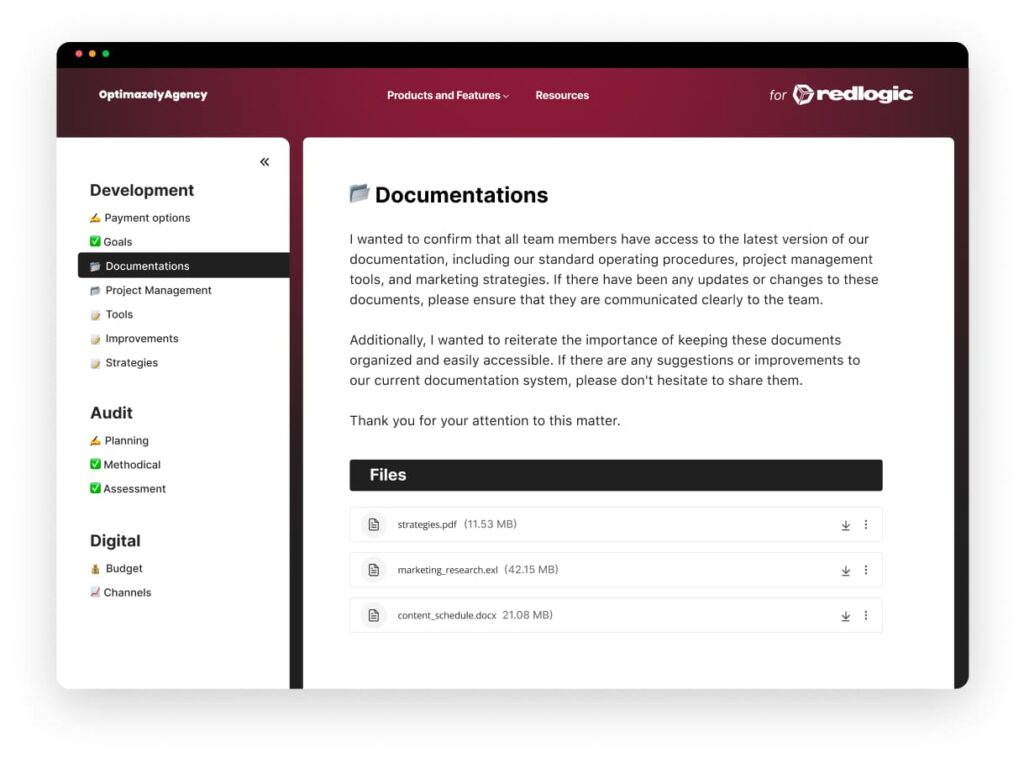
While they are often used interchangeably, it’s useful to first understand the difference between business and company documents.
A business document is usually used for internal purposes within an organization. It’s a communication tool for employees within a company. A business document is usually written in simple language, with a focus on providing information to employees.
Business documents outline how an organization operates. It may include information such as the name of the business, its address, contact details, ownership structure, management team, internal processes, and display any relevant licenses or agreements.
In contrast, a company document is usually created for external audiences. Company documents tend to be more formal and often contain technical jargon. Company documents are targeted towards clients or customers and potential customers.
The purpose of a company document is to inform potential investors, shareholders, lenders, government agencies, and the public. In addition, company documents outline its legal status, including its registration number, license numbers, and other relevant licenses.
It’s not uncommon, however, for many businesses to regard business documents and company documents the same and use them without differentiating between them.
Whether you view them as business or company documents, they’re important for many reasons, as listed below.
Having profit-and-loss statements, balance sheets, or invoices is necessary to know how your business is performing.
This can include legal contracts and agreements, licences, and other documents that are necessary for your business to operate legally. They help protect your company against fraudulent claims or lawsuits. They will also protect your business from liability.
This can include standard operating procedures, policies, and how to manage employee performance. They ensure that your company operates consistently across all departments. Every business will make things easier for everyone involved if they can show how they conduct their business.
Every company needs to meet legal requirements and government regulations to avoid fines and penalties. Having documents to stay compliant will ensure you can serve your customers and employees well.
The right documents can serve as templates for how to communicate with customers, employees, and other stakeholders. This helps create a healthy culture in your company.
Company contracts, agreements, rules, processes, forms, checklists, business insurance, and procedures are a few examples.
They ensure everyone engaged with your business is aware of what will happen if particular circumstances arise. They can also serve as proof of agreements your company reached during negotiations or other conversations.
Examples of the types of business documents include:
Here is a list of the documents your business should have so you can meet all your legal obligations and run smoothly.
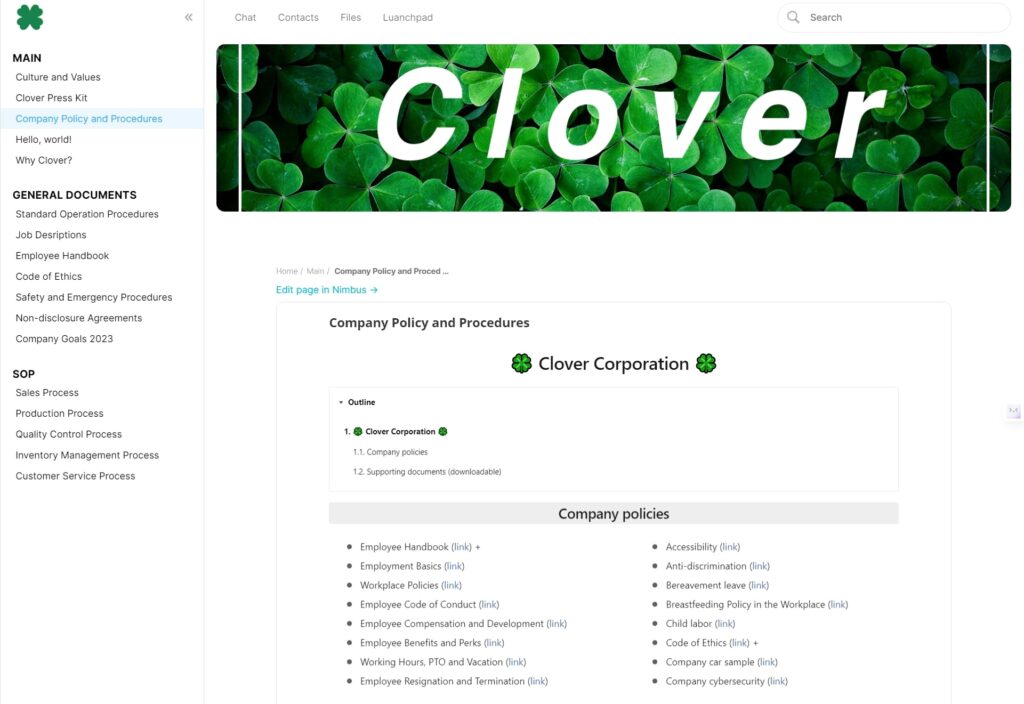
A company policy should include clear statements about what makes up acceptable behavior in the workplace. Company policy helps employees understand the rules of conduct and know what constitutes inappropriate behavior.
These policies can also be used to resolve employee conflicts and protect yourself from any legal action.
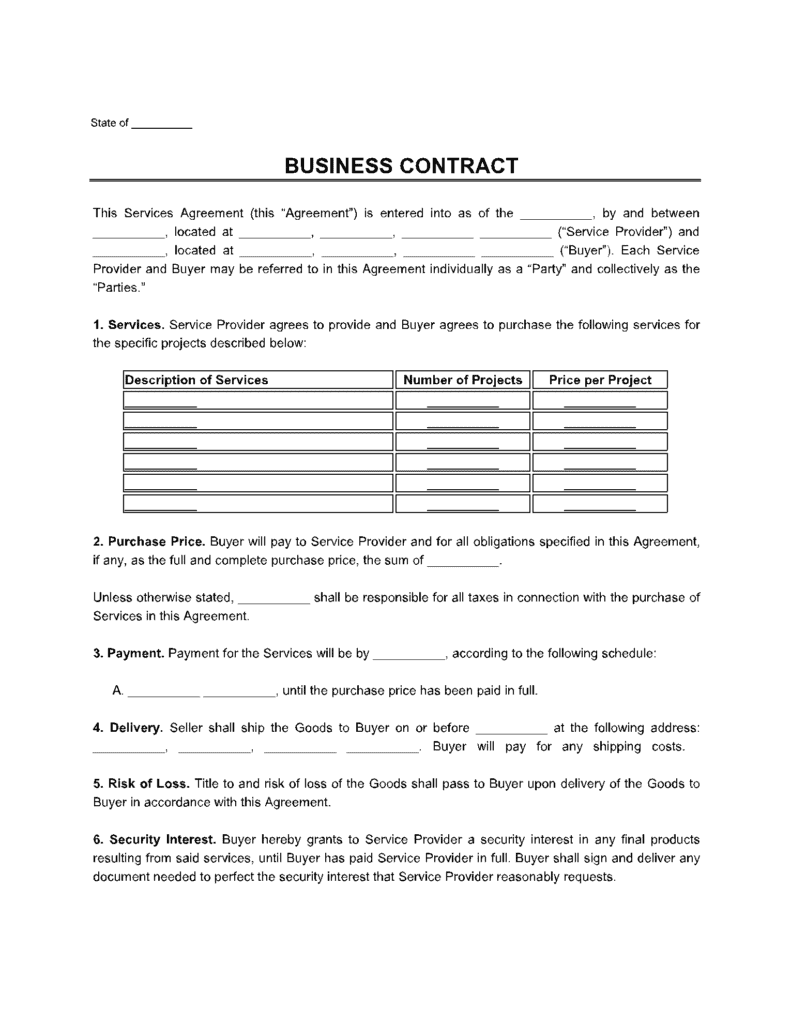
A company contract is a legally binding agreement between employees, businesses, or entities. It’s a written document your business can use to define the terms of collaboration between the parties involved.
When creating a company contract, here are a few factors to consider.
The main purpose of a company contract is to set out clearly what all parties intend to achieve together. This includes defining what needs to happen to achieve success.
When signing a company contract, you are essentially stating you agree to abide by the terms of the contract. Therefore, it’s important to know who can change the contract. If you want to change a company contract without consulting the other party, you might find yourself in breach of contract.
If your business decides you no longer wish to continue working within the confines of the contract, you need to know how to end the business contract early. You should try to avoid ending contracts prematurely if you can, because this may cause problems for your business and those involved.
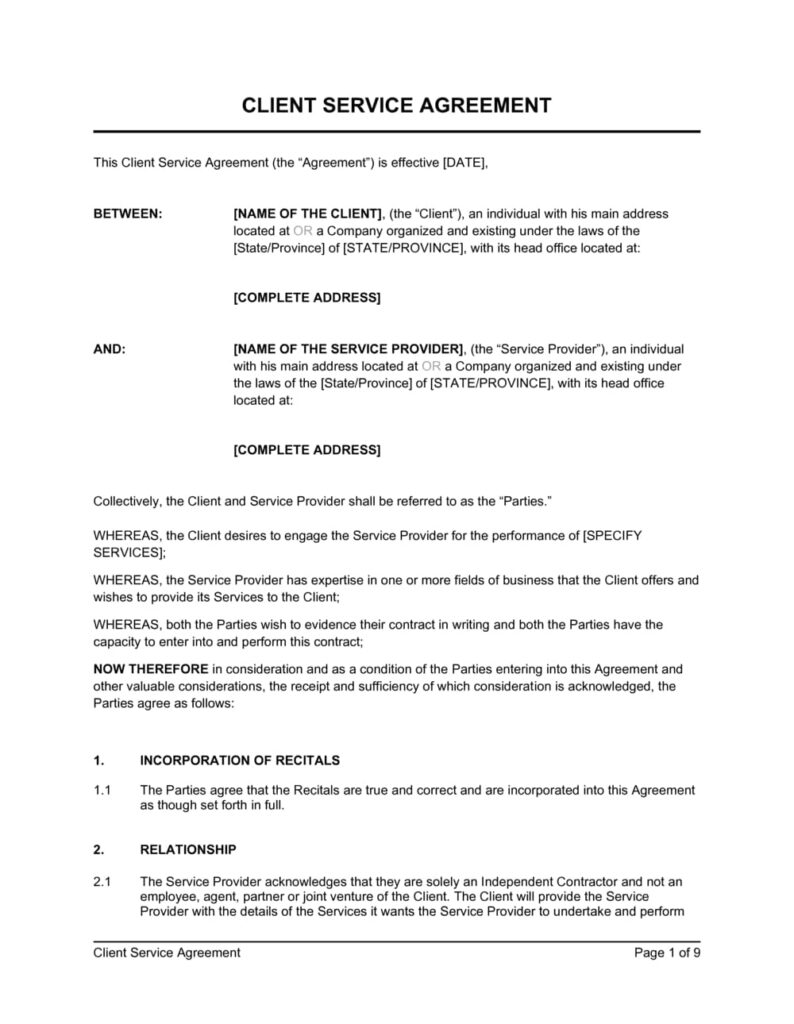
The scope of a job and the services that a company provides should be specified in a client agreement. Determining what must be done, how long it will take, and the nature of the deliverables need to be included.
The official record of actions to take depends on any communication your company has had with a client. A client agreement also serves as evidence of the work performed.
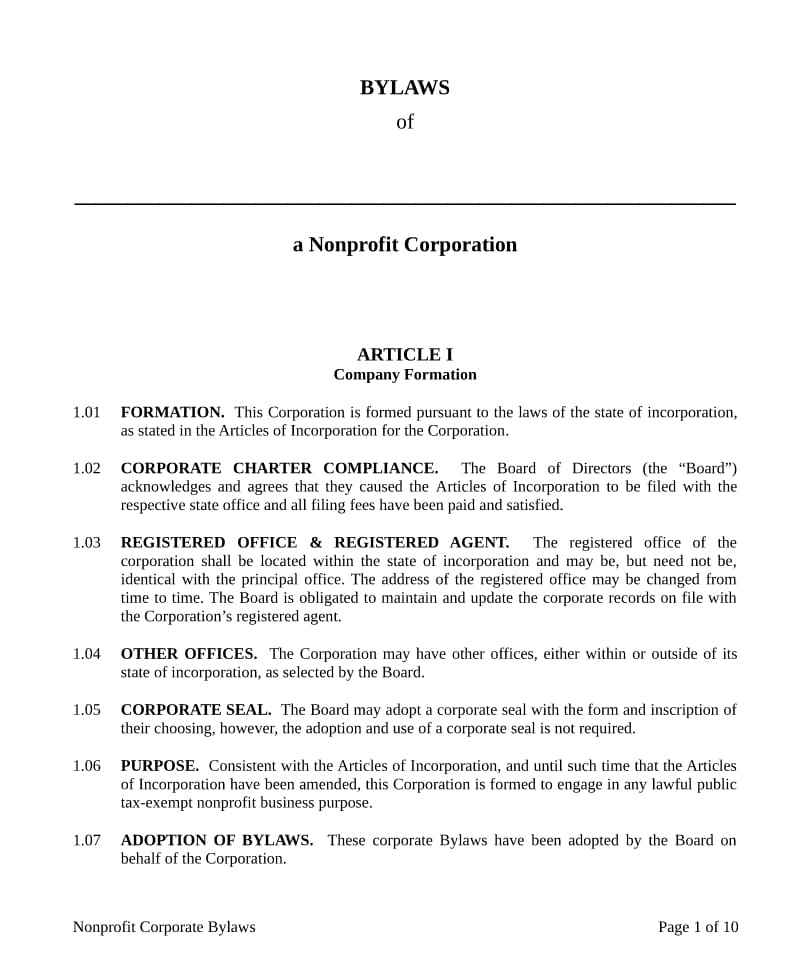
Documentation of bylaws is important because it helps you know what rules apply to your company. This includes things like policies, procedures, and company contracts. If you don’t have documentation of bylaws, you could run into problems down the road.
You might not even realize that there is a problem in the company until someone brings it up. You can avoid this by having an accurate copy of your company’s bylaws available at all times.
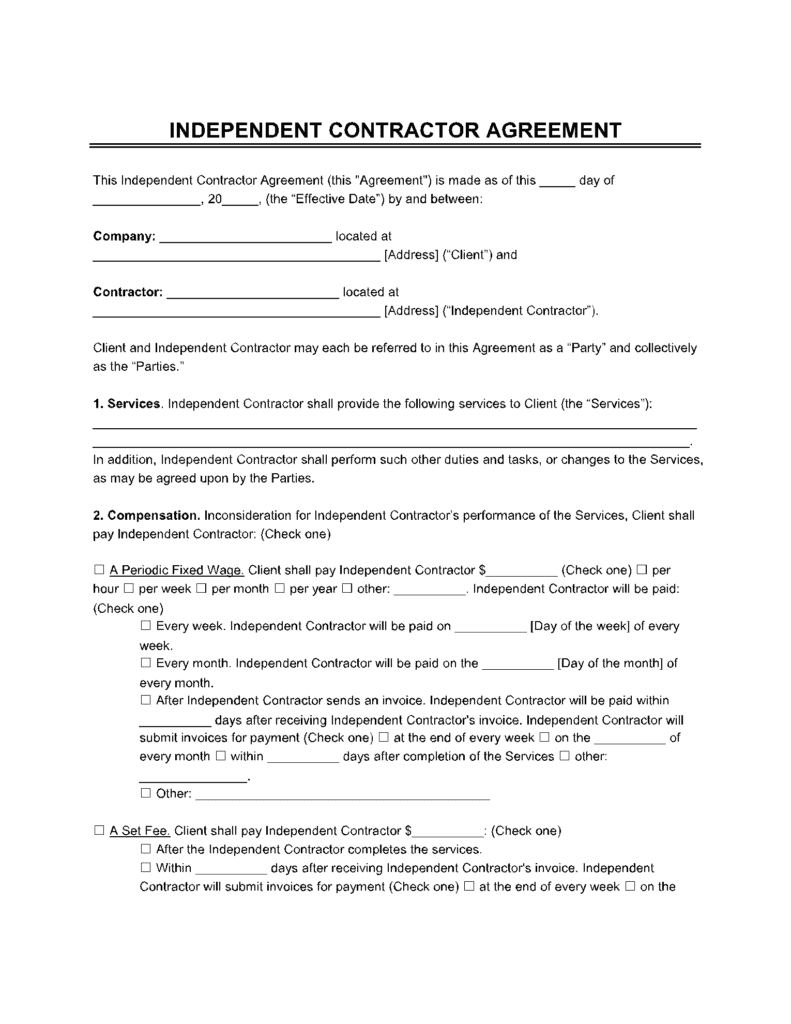
Contractors should always keep documents that are legally related to the work they’ve been hired to do by your company. These can include invoices, estimates, purchase orders, change requests, progress reports, etc. If you don’t do it, you could end up paying or charging the wrong amount.
Contract agreements should include all terms of a project, including the deadline, payment method, and any other relevant information, such as subcontractors’ names, phone numbers, addresses, email addresses, etc.
If you want to establish a company partnership agreement, you might have them sign one copy of the contract while you sign another.
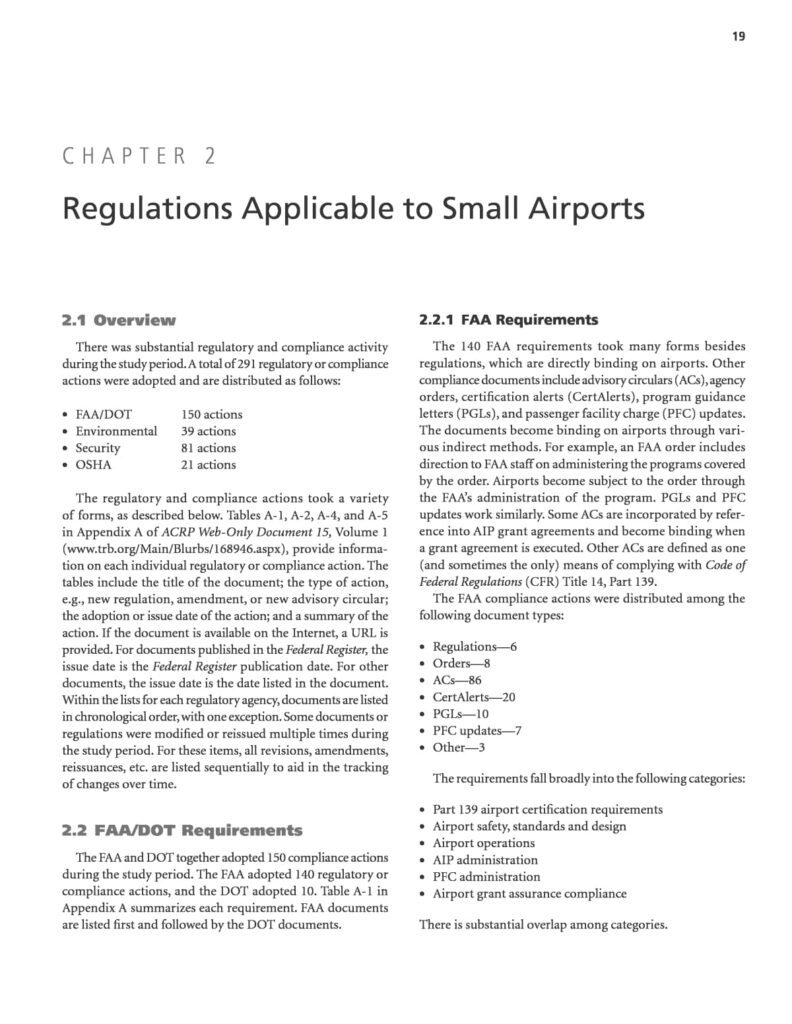
The observance of laws, rules, directives, and specifications relevant to a company’s processes is referred to as regulatory compliance.
Regulatory compliance violations often result in legal sanctions, including penalties or fines. By having these documents, you can ensure your business complies with regulations and stays within the law.
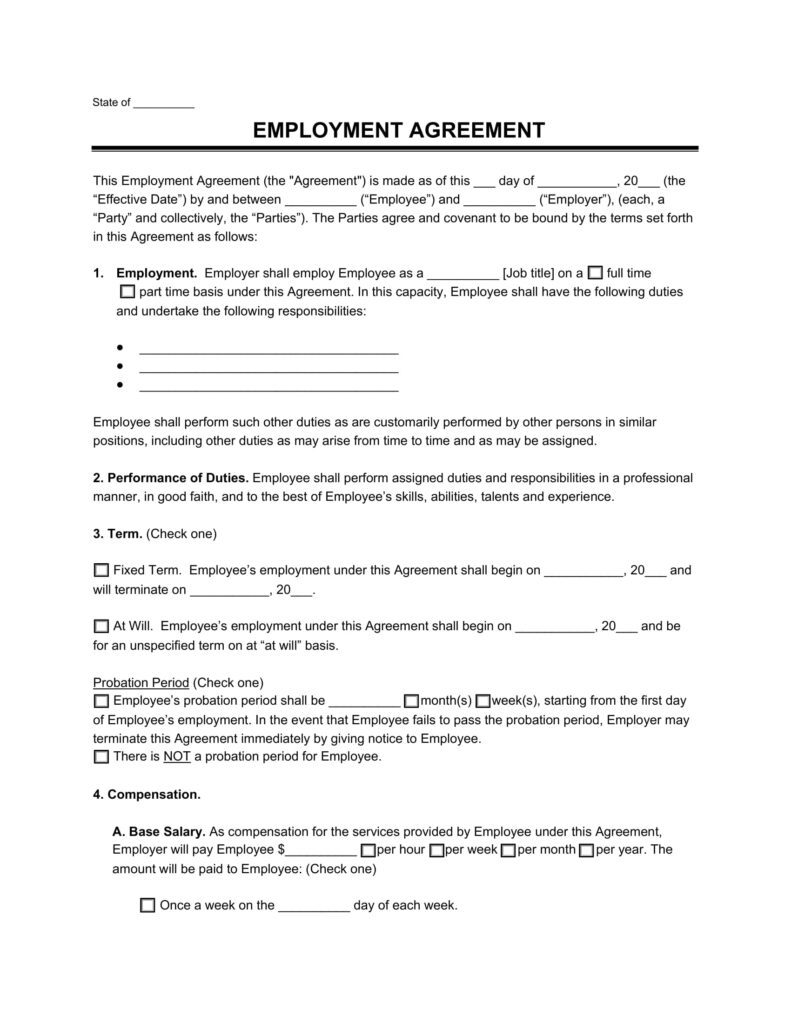
An employment agreement is an essential part of the agreement between employee and employer. This document helps define the responsibilities of the business owner and the employee, and provides clarity on expectations.
Besides defining roles and outlining compensation, it also includes important information such as the length of the contract, termination provisions, and severance pay.
When creating company employment agreements, remember to:
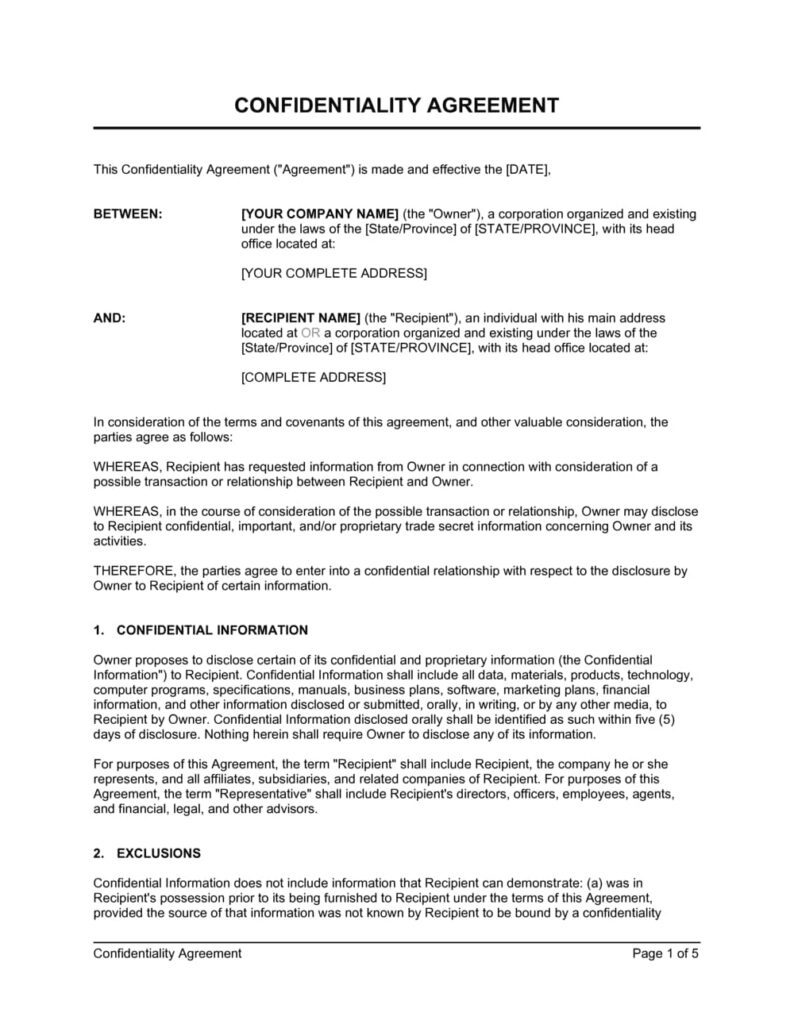
A confidentiality agreement is a confidential signing of two or more parties. Its non-disclosure agreement must be defined. One party agrees to keep secret some information about the other party while protecting the latter’s proprietary interests.
It is used to protect your company against leaks of sensitive data. It also protects your company from being sued over intellectual property theft.
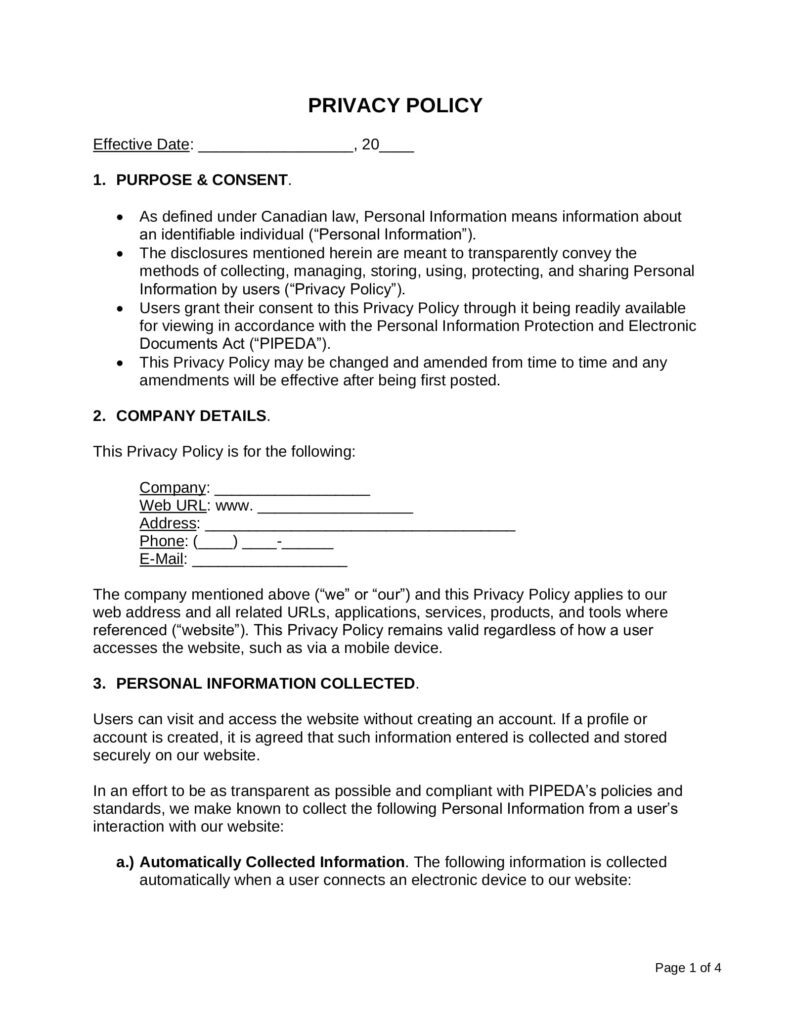
A privacy policy helps customers understand what information your company collects about them, how you use it, and whether you’ll sell it to anyone else.
Many companies don’t write effective privacy policies because they aren’t aware of their legal requirements. This can cause problems when customers complain about privacy issues.
To avoid potential legal troubles, make sure you know what information you need to disclose and what you can keep private.
Here are some basic things you need to know about writing effective privacy policies.
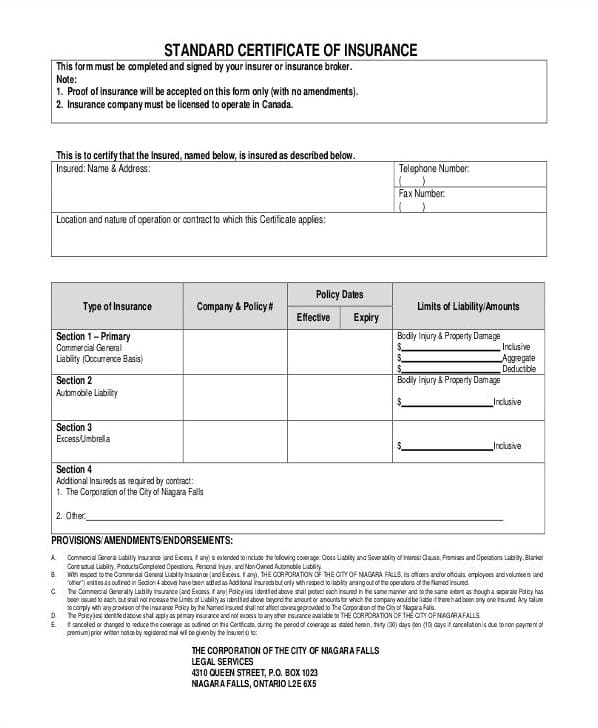
Business insurance documents are important because they outline the terms under which your business operates. This type of business document describes the risks covered by the policy, how much money you pay out each month, and whether you must maintain certain records.
There should be annual business reports that provide historical information related to your company’s operations.
Some businesses offer different levels of coverage, depending on the risk they face. For example, some businesses might want to insure their property while others choose to cover liability.
What you choose for your business insurance depends on your industry, size, and location.
A digital documentation system allows you to quickly share business documents with anyone who needs to see them.
Here are a few benefits of digital documentation.
You can use the search feature in any application to find specific pieces of information. You can also attach files to emails so that recipients can easily view them.
This makes information easily accessible, as you can view them on mobile devices such as smartphones and tablets, as well as on desktop computers.
If you’re working on an electronic version of a business document, you can simply edit the text and save it. If you create a PDF file, you can add new pages or change existing ones.
This will help your business to keep track of changes made. It also provides an audit trail which can help to identify errors and omissions.
It’s easier and faster to send a document via email instead of printing it. This means less paper waste and more time saved.
Online storage systems provide security features like encryption and password protection, which is a better way to protect your documents. It’s easier to back-up and you can also ensure only authorized users can access it.

Since documents are stored using online or cloud servers, you don’t need to store physical copies of them. Also, since these could be shared among multiple people, there’s no need to store duplicate versions of the same document.
Paper documentations are great for capturing information on the go. This is useful when you’re traveling or conducting meetings.
Here are a few advantages of using paper documentation.
When you’re meeting with someone face-to-face, it’s easy to exchange ideas and discuss issues. Using paper documents can make this process even smoother.
You can take notes during a meeting without having internet connectivity. This helps you to remember what was discussed and ensures you capture everything you need to.
While there are many digital apps available for brainstorming, physically writing things can help you come up with better ideas and more creative solutions. Some people prefer to write things rather than type them.
The layout of paper documentation is simple. You do not need to worry about formatting or fonts. As long as the content is clear and legible, handwritten notes are just as effective as printed notes.
You can easily pass around paper documents to other team members. They can be printed and distributed at any time since paper is lightweight and portable.
Here are a few disadvantages of using paper documentation.
Any time you change something, you need to print it after you’ve made the change before you can share it. This takes time and incurs more printing costs.
Searching through large volumes of paper can be difficult. You may need to sort through each page to find relevant information.
It’s not always practical to carry around printed documents. This means you may not have the information you need at all times. This can cause problems especially when you’re working remotely.
If you’re careless while handling paper documents, they might get torn or bent. This can make it harder to read and understand information on them.
Printing documents can be expensive. If you want to create a lot of copies, it will cost you more. This means you need to be mindful of what you print out.
Whether you choose digital or paper documentation depends on your business needs and the industry you’re in.
Many businesses fail because they do not give enough focus to having the right documentation. This includes everything from company contracts to policies and procedures. Many businesses don’t record what’s essential to their success.
Here are some best practices on how to avoid costly mistakes and the right way to update your business documentation.
Since the success of your business depends on the quality of its documentation, it’s important you have the right ones.
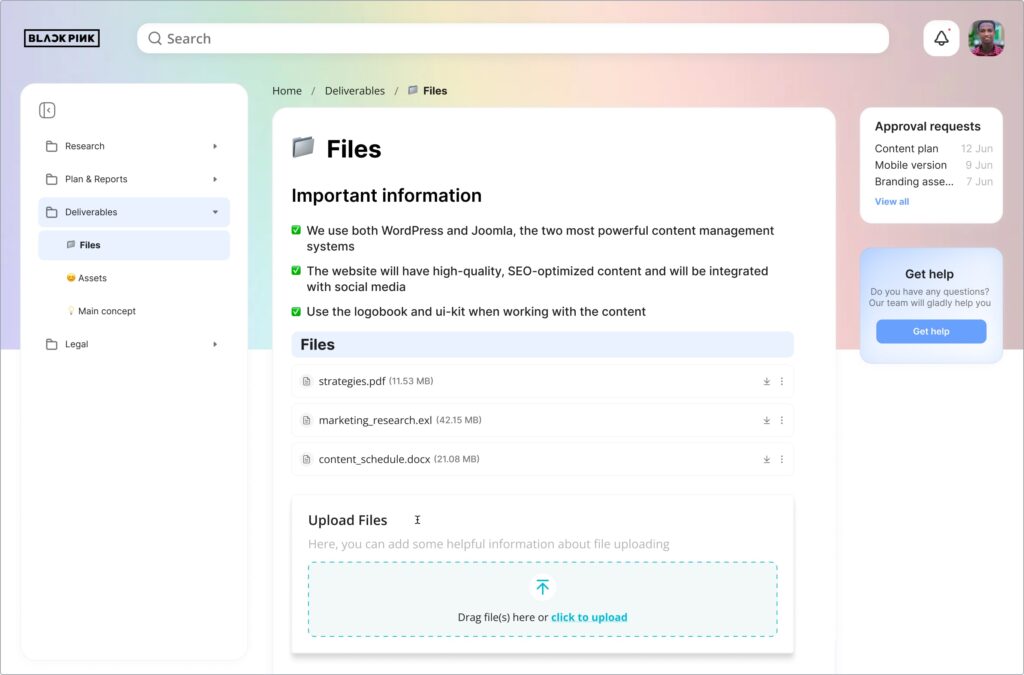
If you want an easy solution for creating, storing, or managing your business documents, FuseBase (formerly Nimbus), with its integrated tools, is an ideal solution.
With FuseBase, some options available include:
To find out more and to try FuseBase (formerly Nimbus) for free, visit our website.
The effectiveness of your client communication will affect the relationship you have with them and your business performance. Learn how you can develop a client communication strategy that will build mutually beneficial relationships with your customers.
Make sure no important document goes unnoticed with FuseBase
If you found this article helpful, please share it on any social media platform, so others can also benefit.
And keep up with more our updates and articles on FuseBase (formerly Nimbus) LinkedIn page!
Found it useful? Share the article with your community
Get weekly tips and insights on how to grow your business